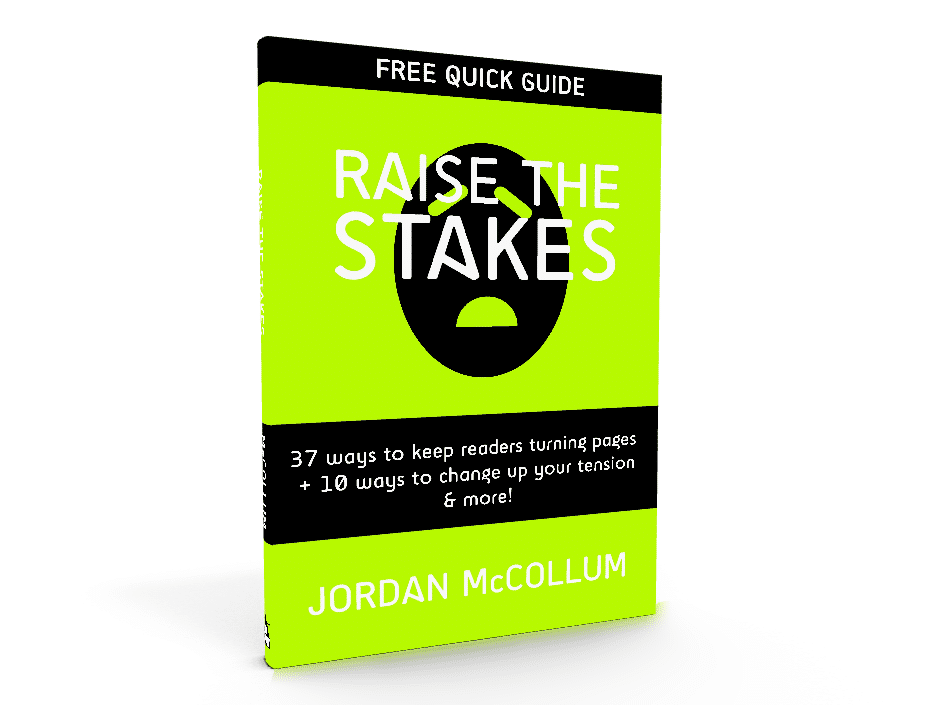One of my favorite “nongrammatical” sentences from my Linguistics textbooks was:
*My theory rolled down the hill.
(The asterisk denotes it’s nongrammatical.)
Nope, that’s not just nonsensical, it’s nongrammatical. Why? A little thing I like to call “animacy mismatch.” Theories can take verbs (oh, look, it just did):
My theory is awesomer than yours.
My theory explains everything that has ever happened.
Your theory disappoints me.
So why can’t theories roll down hills? Because rolling requires a certain amount of “animacy”—being alive/moving/changing as opposed to being . . . well, inanimate.
Animacy mismatches extend to other grammatical areas. You can have an animacy mismatch with an object (“He thinks the book” as an attempt at a complete sentence.), or a wh-question word (“What thinks the book is stupid?”—”What” questions are answered with objects; “who” questions are answered with people. Does an object or a person think the book is stupid?).
Sometimes, however, animacy mismatches aren’t as clear as theories rolling down hills. Anything strike you as funny about these examples?
- Jerrica is a glut of information.
- The pie, which was only $7.99 full price, so $6.29 didn’t seem like a great deal, ran the sale.
- The stench of week old garbage brushed her nostrils.
- Her euphoria ebbed.
To me, these examples sound a little off. Can a stench brush (if so, that’s one powerful smell!)? Have you ever seen a pie run anything? They might be okay—animacy can be a slippery thing. Can “a feeling of well being” really “fall back or fall away”? Maybe, if you’re writing in a somewhat literary register (even then, unless you’re already using liquid words to describe emotions [“elation flooded her heart”] it’s still a bit of a stretch—you might want to go with a verb requiring a little less animacy, such as fade).
In our search for the right word, sometimes we have to get a little creative. And of course, the style we’re writing in (genre vs. literary fiction, Shakespearean iambic pentameter vs. prose) can play a big role in what is acceptable. But if ever you’ve been wondering how Jerrica turned into a collective noun, now you know why!
What “animacy mismatches” have you found, in your own work or in others’ (I swear someone is putting mistakes in my writing 😉 )? What phrases just never seem right to you?


